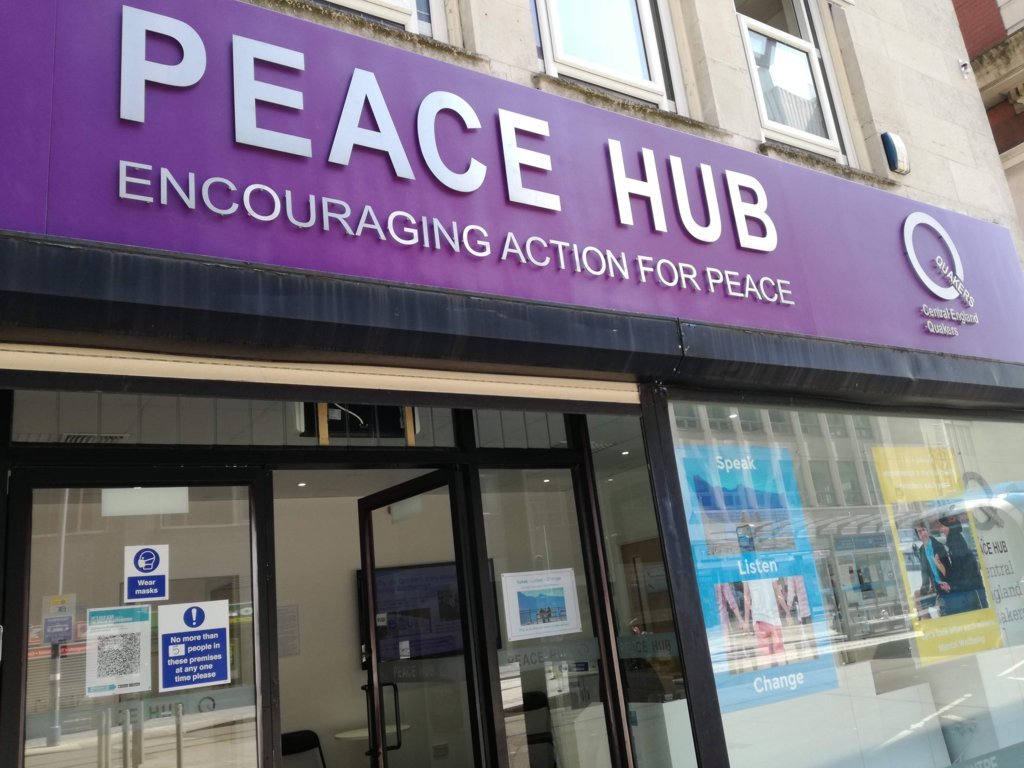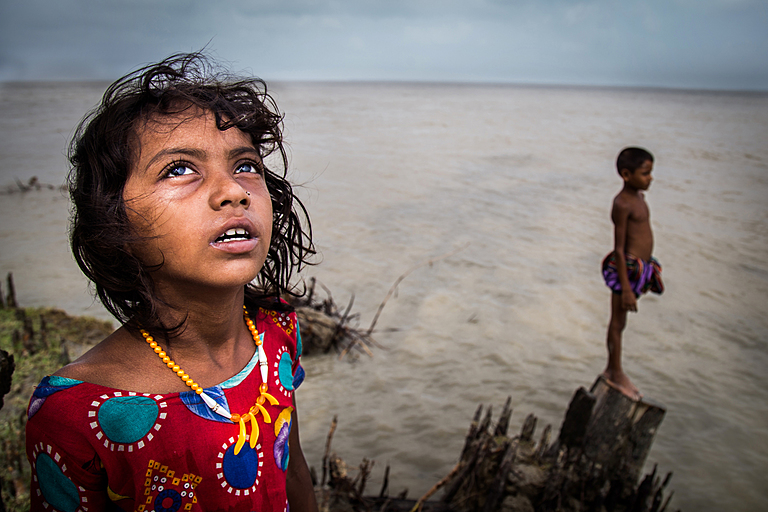The UK has just experienced its hottest day on record, a stark reminder that climate change is already affecting our lives, and is set to get much worse without urgent action.
But extreme weather like this doesn’t affect everyone equally. Whilst all of us struggled with the extreme temperatures on Monday and Tuesday, people on the lowest incomes were most likely to be having to work in stifling conditions, or be stuck in homes with poor ventilation and insulation. Rocketing fuel bills make it expensive to run fans all day, let along air conditioning.
What does this have to do with our current theme Sharing Common Wealth?
This inequality is mirrored across the globe, with many poorer countries, already having suffered the worst heatwaves and droughts (such as those seen in India and Pakistan earlier this year) whilst having the least resources available to mitigate these problems. Climate activist Vanessa Nakate recently highlighted issues faced by African nations, including Commonwealth members Kenya, Tanzania, Malawi, Mozambique, Nigeria, South Africa and Uganda. Other Commonwealth countries such as the island nations of the Caribbean and Pacific are dealing with rising sea levels and increasingly powerful and frequent storms.
Yet these nations have contributed the least to global emissions that are driving climate change. Historically, the UK contributed more to climate change than any other country from the 1750s to the 1910s. This period saw the expansion of the British Empire, with the exploitation of colonised nations fuelling the industrial revolution. Mass-use of coal and oil powered manufacturing that made the UK one of the richest nations on Earth, at the expense of others.
As the empire broke up and colonised countries became independent in the twentieth century, the USA took over as the biggest global emitter. However, it remains true today that the average person in Africa, Asia, the Caribbean or Pacific is consuming far less and generating far fewer emissions than those in the wealthiest Commonwealth countries: the UK, Canada, Australia and New Zealand.
Climate Justice is the idea that the wealthiest, and those who have done the most to contribute to climate change, need to take on the biggest burden in tackling it. That could include the wealthiest and most powerful:
- making the most dramatic cuts in their consumption;
- sharing access to renewable and low-energy technology;
- helping to make zero-carbon lifestyles affordable and accessible;
- financially supporting the poorest to mitigate climate effects that are already happening.
How can we support climate justice within the UK and across the world?
Could climate justice form part of reparations for the UK’s exploitation of other nations?
If you’d like to explore climate justice further, check out Birmingham Climate Justice Coalition who are bringing together people in our city to share ideas and actions. You can also read a new report by Greenpeace & the Runnymead Trust which explores in-depth how the climate crisis is rooted in systemic racism. And feel free to pop into Peace Hub to ask questions and have your say.
Photo: ‘Surviving Against Climate Tragedy’, Bhola, Bagladesh – by Moniruzzaman Sazal / Climate Visuals Countdown, licenced under Creative Commons.


